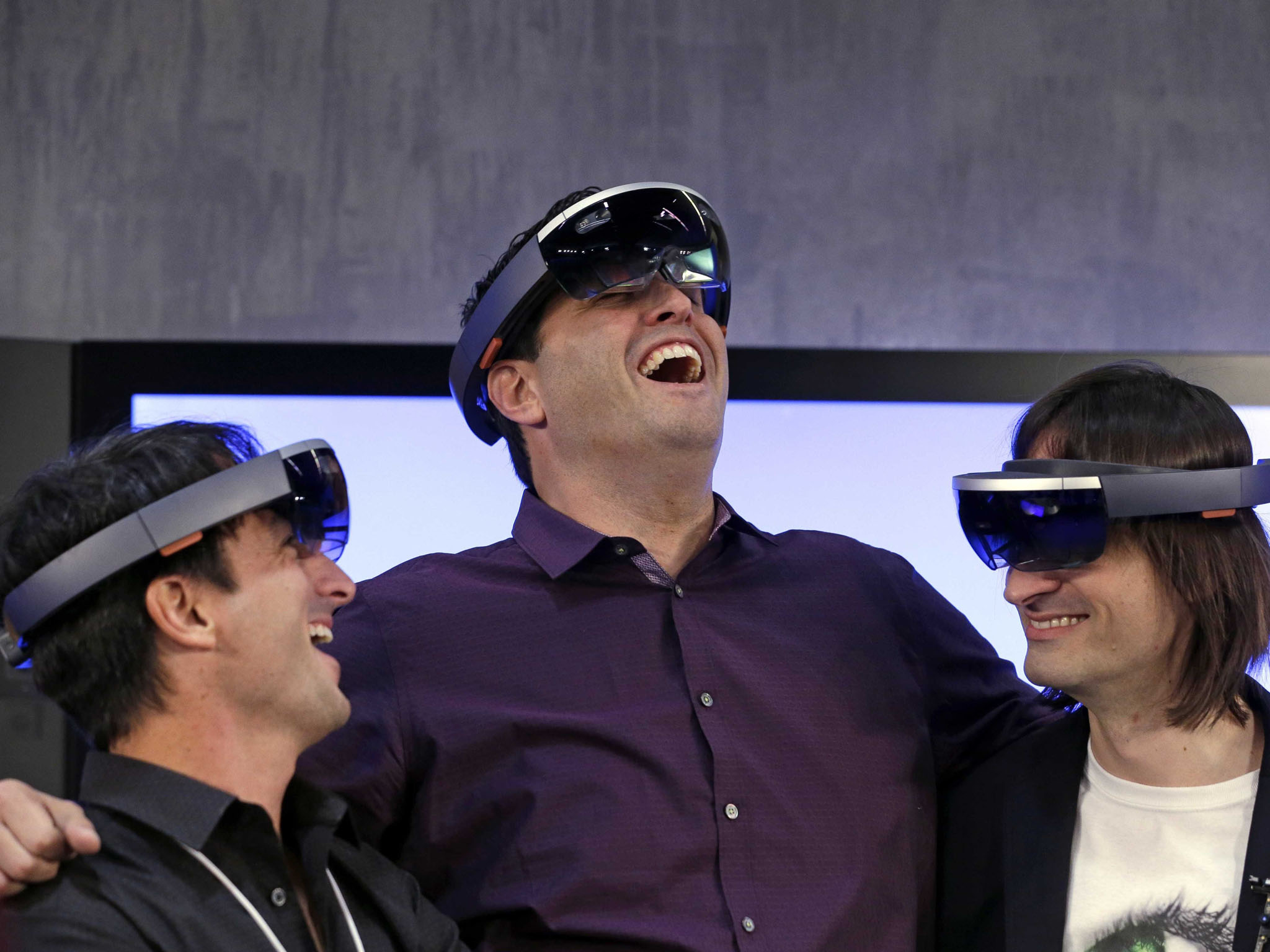
It wasn't too long ago that Microsoft CEO Satya Nadella was fully immersed in the buzzword-a-thon that was the metaverse. Mark Zuckerberg of Facebook fame famously rebranded his entire company to Meta, to showcase the company's focus on building its very own internet. We'd meet, work, and play in Zuckerberg's very own virtual reality playground, powered by the firm's Quest headsets. Come 2023, and literally tens of thousands of layoffs later, it seems the company's "Meta" branding will serve as nothing more than a painful reminder.
Microsoft doesn't talk too much about the metaverse these days either. The bulk of its recent redundancies revolved around the troubled Mixed Reality department, which houses Windows Mixed Reality and HoloLens. Previously buoyed by a massive military contract, armed forces testers reportedly said that Microsoft's headsets would get people killed in the field, while reporting sickness and other irritations from its military-grade HoloLens HMD.
While mixed reality technology is nowhere near viable for military use on the ground, one area where it is far more sensical is in the home. Meta Quest 2 headsets, Sony's PlayStation VR, and other manufacturers have built a small but growing VR game industry, where a few big players have made quite a hefty sum of money. Sure, it pales in comparison to mobile, PC, and console game ecosystems, but today's VR ecosystem could be compared to the early video game industry of the 90s, where budgets for games were smaller, owing to a smaller install base.
Today, a report from the IDC (via Bloomberg) projects that Sony's PSVR2 headsets are projected to sell 270,000 units in its first month of sales. For comparison's sake, Xbox's doomed motion controller Kinect sold 8 million units in its first two months of sale. It's a clunky comparison, though, given that Kinect was orders of magnitude cheaper. PSVR2 retails at a mammoth £530 in the UK, making it more expensive than an Xbox Series X itself. Unlike the fully wireless Meta Quest 2, it also requires a cable, and a £480 PlayStation 5 to power it. But these are the sacrifices necessary to offer a premium, high-quality VR experience. The problem is, it seems like nobody wants it.
A big metaversal distraction
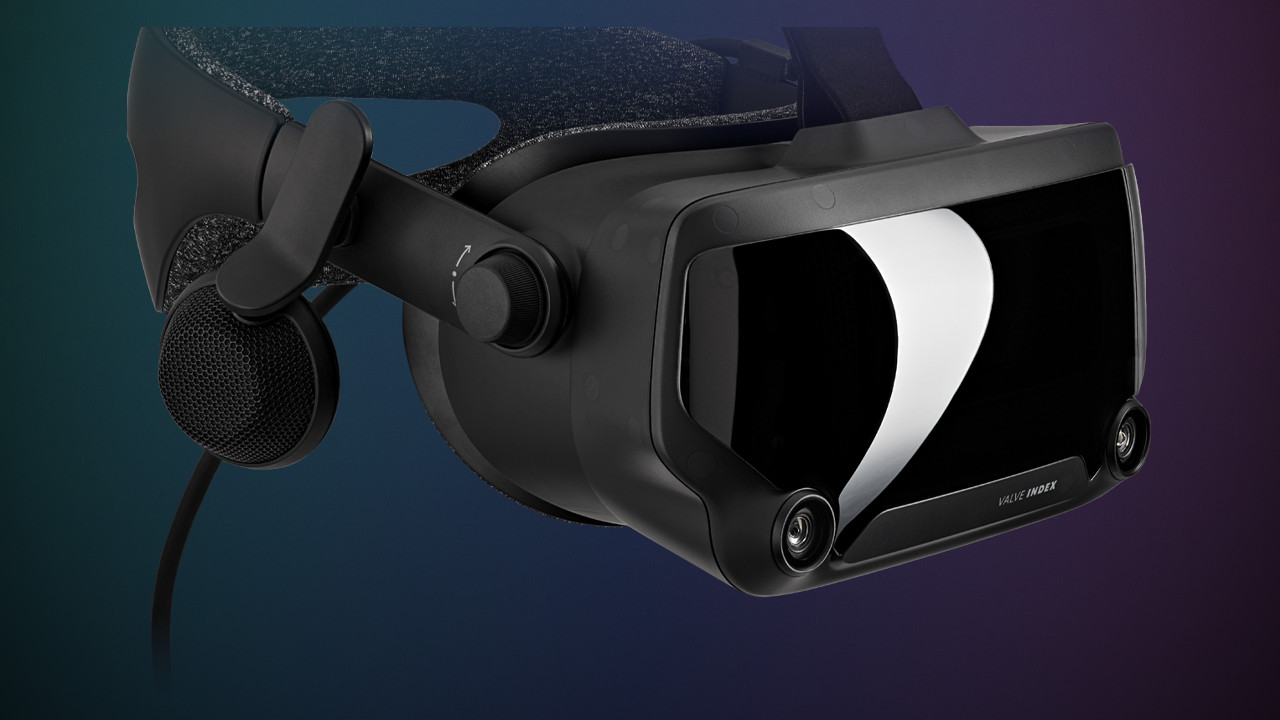
During the pandemic, I recall covering deals during Black Friday and Christmas, hunting down the best savings for all of you lovely readers out there. This was during the big chip shortage too, where PS5 and Xbox Series X|S consoles were practically gold dust. Even Nintendo Switch consoles were hard to come by, despite having chips that were far easier to source. Anecdotally, one product I rarely found to be out of stock was Facebook's Meta Quest 2.
There's a big debate online about the business viability of VR as a platform. Facebook has increased the price of its headsets, which to me is a sign that the software attach rate just isn't there. Generally speaking, with console hardware like this, the products are sold for thin or sometimes even break-even margins. The idea is that you get people through the door, then sell them software digitally via your stores. PlayStation, Xbox, Nintendo, and Meta all use this formula for their platforms, but there's a pretty obvious flaw when trying to apply this business model to VR.
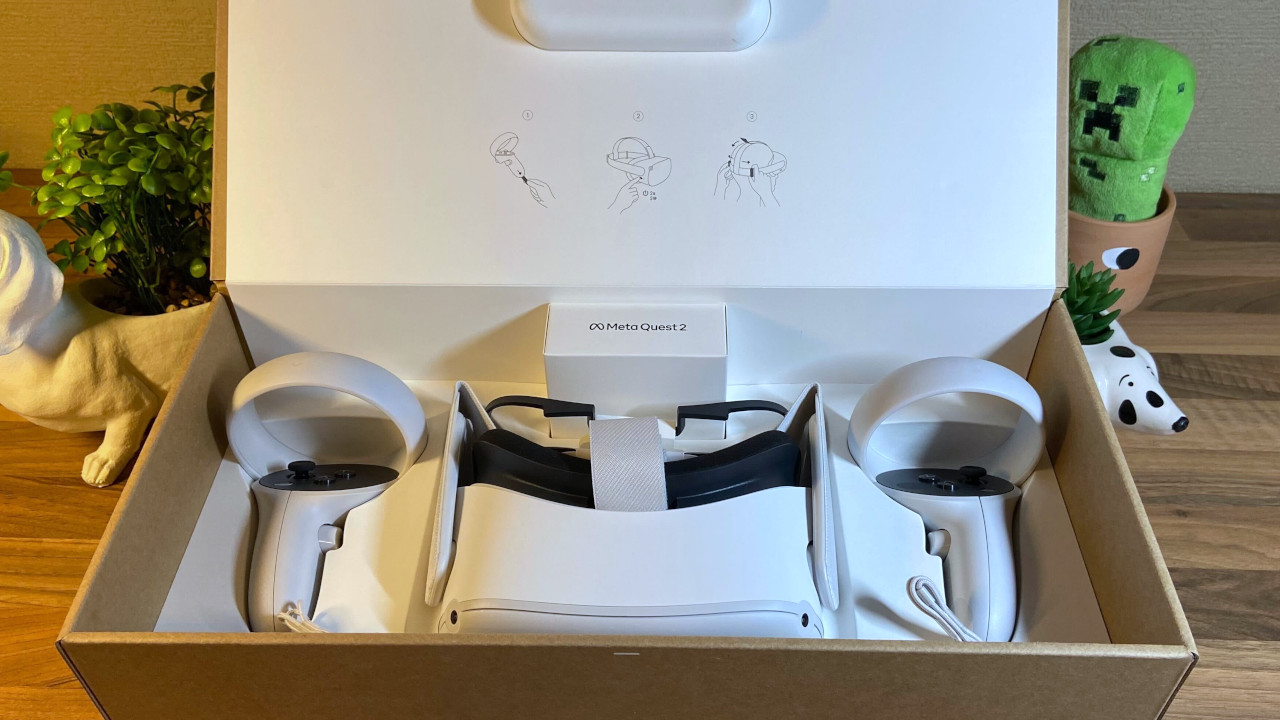
On PlayStation, Xbox, and Nintendo Switch, you can spend hours upon hours inside a single game. VR by comparison, for most people, is only comfortable in short bursts. Motion sickness is a prevalent issue on VR, and it's still not something any of the major platform holders have been able to solve easily. Even without motion sickness, fatigue, and weariness from strapping what amounts to a small computer on your face, it's nowhere near the leisurely kind of experience you get playing a game on a sofa. VR is a big, physical commitment, which obviously creates barriers to entry. This is before we discuss price, room space requirements, and other barriers.
And like I said, what makes console gaming so lucrative as a business model is that software sell-through. The Activision-Blizzard merger with Xbox has put a big highlight on just how lucrative a single franchise can be on console. Last year, the release of Call of Duty: Modern Warfare 2 generated over a billion dollars in revenue in just two weeks. The entire Meta VR platform, including all the game sales and hardware sales, generated annual revenue of $2.1 billion for the entirety of 2022.
Now, this is just a single game on consoles. Include games like Fortnite, other Call of Duty games, Apex Legends, FIFA, Overwatch, and the various other big-name microtransaction-driven titles that all send Xbox, PlayStation, and Nintendo a beefy 30% cut of all their revenues. VR simply doesn't have anything comparable to that right now, making it increasingly hard to justify the investment. And even if it did, the amount users may want to invest in a platform they only spend a few hours a week on is going to be far lower than that of a console or mobile game. For a console to be a viable business model, digital store purchases need to be far higher than what is likely to be possible with today's clunky, uncomfy VR tech.
Meta posted a staggering $14 billion loss during 2022, trying desperately to make this work. And this is with a far cheaper headset than the PSVR 2, while also being completely wireless. It's hard to envisage how Xbox could have done anything differently here.
A choice between VR and cloud should be obvious
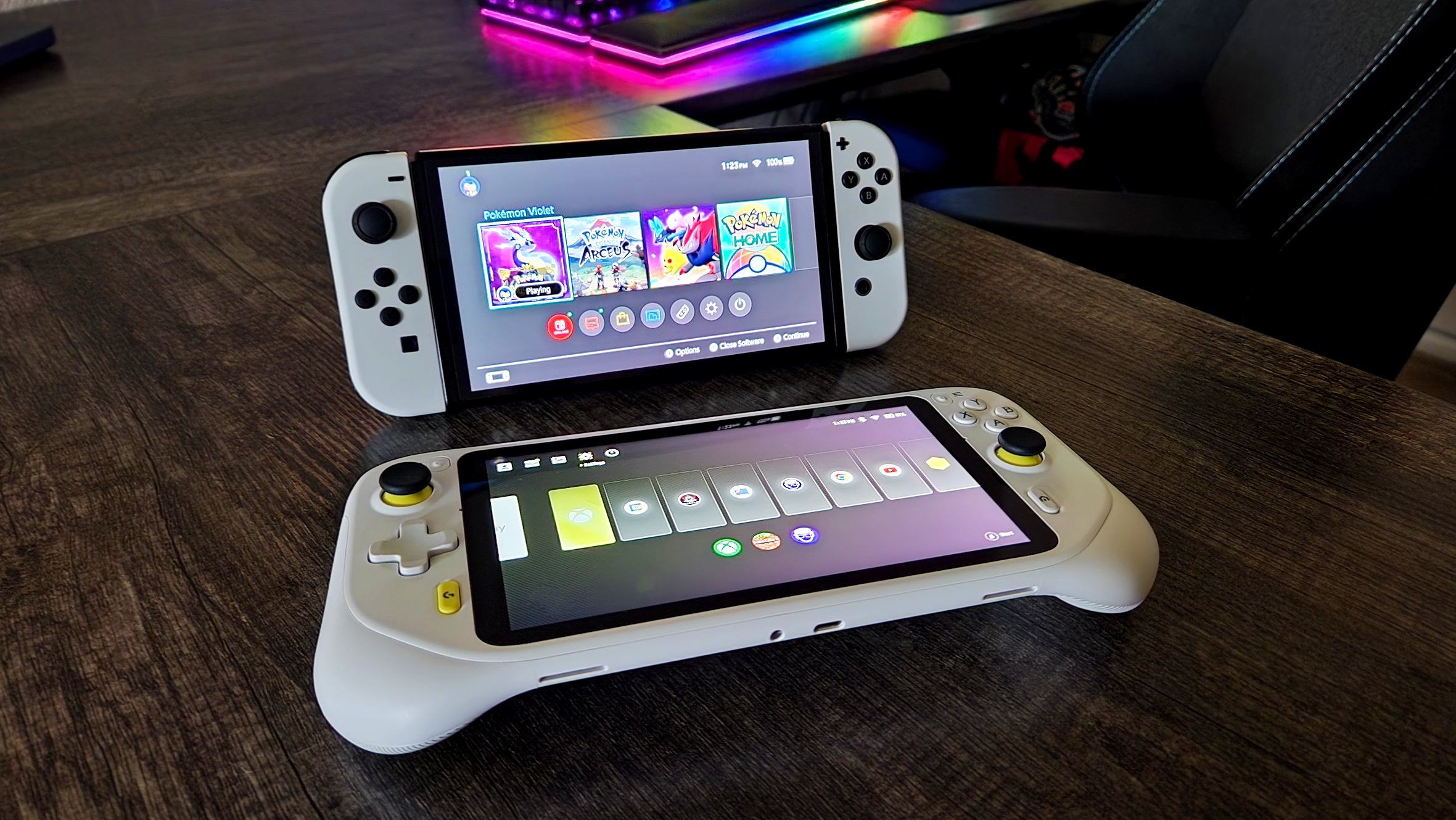
We're at the zenith of another major shift in technology right now. The past few years have seen the buzz around blockchain and NFTs, and then the metaverse, both of which vanished like a sock in the dryer. We seem to have happened upon something far more corporeal with the rise of artificial intelligence models, which Microsoft is baking heavily into all of its products even as I write this. Powered by ludicrously massive cloud arrays, AI models like ChatGPT promise to make searching the web easier, coding faster, and day-to-day chores less, well, choring (perhaps I should use AI to expand my vocabulary). In any case, it's within that massive Azure cloud that Xbox found its business viability with the powers that be at Microsoft.
For the longest time, Xbox was this near vestigial limb at the firm, with some investors even calling for it to be spun off. Nobody is calling for that now.
Xbox has found its footing in Microsoft's business brain, with cloud services like PlayFab and Game Stack powering many of the world's biggest titles. Microsoft has also invested heaps of time and money in building out Xbox Cloud Gaming, which allows you to stream console-quality titles to virtually any device. It's truly the antithesis of the VR ecosystem, with its restrictive ecosystems of withheld content, patchy interoperability, and sky-high price tags. Xbox Cloud Gaming costs $15 per month, and you can run it on practically any device you already own, providing you have 5GHz WiFi set up that is.
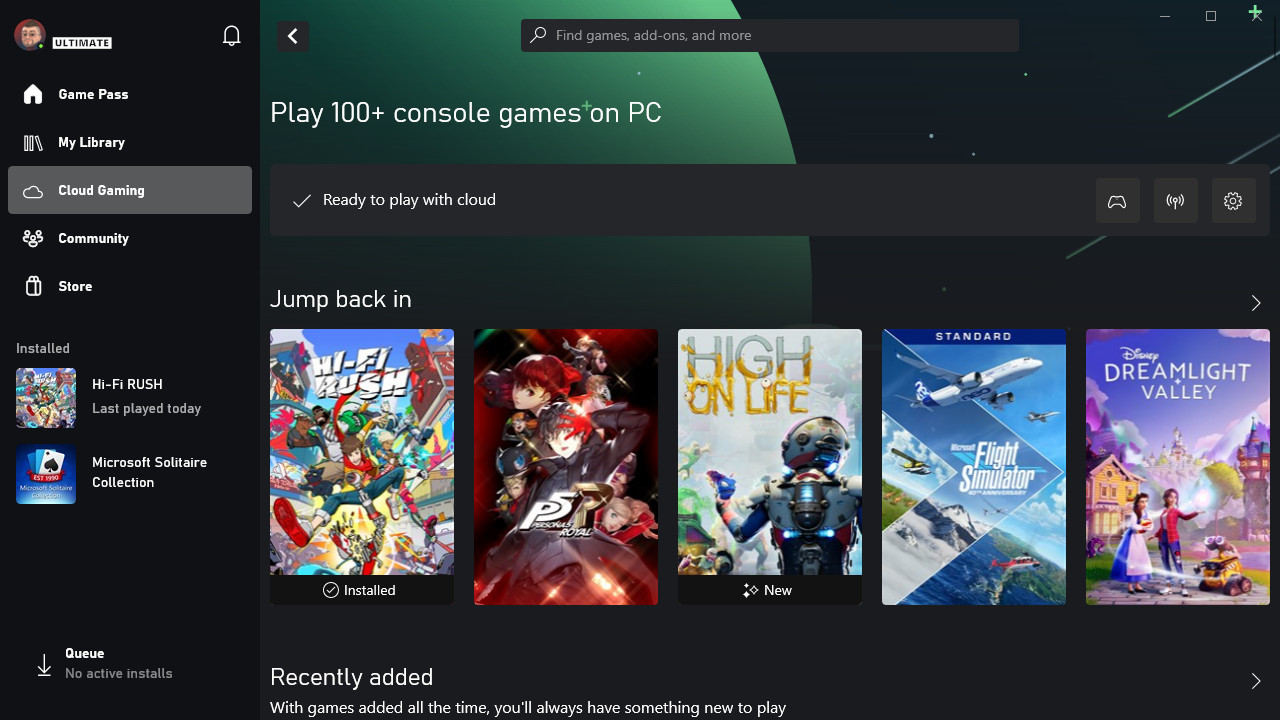
Xbox CEO Phil Spencer has been criticized for a previous promise to deliver "high-quality VR" with the Xbox Series X|S generation, given that it never materialized. The truth is that Spencer, unequivocally, made the right bet.
Ultimately, Xbox was faced with a choice. If it wanted to do VR justice, it would need to be investing at the levels that PlayStation is, if not more, to deliver a high-quality experience. That's a bet that thus far doesn't seem to be paying off. Instead, Microsoft opted to target the fastest-growing gaming market (mobile), with a service that could be additive to the current Xbox gaming ecosystem and its developers. Developers don't have to commit many dev hours to verify their titles for Xbox Cloud Gaming, and they're even paid upfront for joining the program.
There are a few games making heaps of cash on VR platforms, which includes titles like Beat Saber, but for VR to be successful, it needs hundreds more Beat Sabers. We're decades away from that being a possibility, in my view.
We're decades away from mixed reality being a primary leisure modality
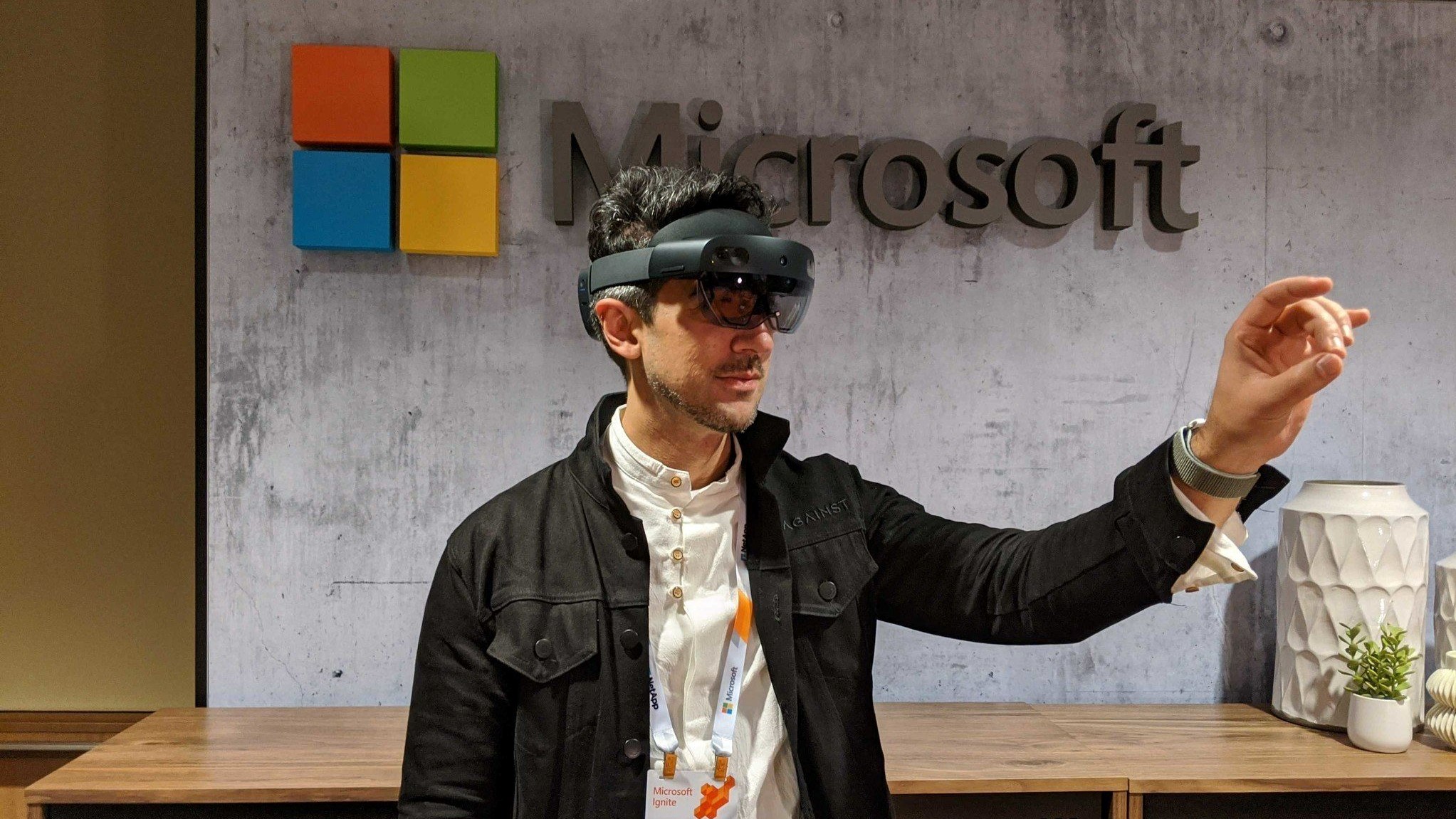
I am one of the very few mortals who have experienced HoloLens first-hand. It was an exciting vision of what could be. A room of virtual windows, a canvas for ultimate room-sized multitasking at scale. The perfect office environment, destroyed by its atrociously tiny letterbox viewfinder. Reports suggest HoloLens 3 may never see the light of day, and it's not entirely surprising. Meta, the biggest player in VR today, has also reportedly canceled two upcoming VR headsets too. It's not a stretch to envision that PSVR could also end up sidelined as well.
It's a shame because there is something awesome about VR. Mining and building in Minecraft VR feel so natural and intuitive — until it makes you feel sick, that is.
All the reports suggest Sony's PSVR2 is probably the best VR headset experience you can get right now, it's just so damn expensive that very few people will likely get the opportunity to try it. I can't help but feel like this is going to end up being a huge distraction for the firm, whose talented game developers could be working on regular games that will sell more than a few thousand units. I feel like their industry-leading hardware teams could have built a successor to the awesome PS Vita instead, which would doubtless have sold more than 270,000 units in its first month. Sony could also have worked to make something of that cloud partnership with Microsoft it announced, which ultimately seemed to lead nowhere.
I think there probably is a future where VR is comfortable, convenient, and affordable enough to have a space in most people's lives. But I doubt the necessary breakthroughs in the tech will come from today's players in the space. Whether it's better wearable-grade batteries or more power-efficient lightweight computing paradigms, I suspect we're still a few decades away from anyone being able to mainstream and make a viable business out of VR. This is why Xbox was ultimately right in staying away from the space, fully armed with the knowledge from the Windows Mixed Reality team just how far from commercial viability it is.







